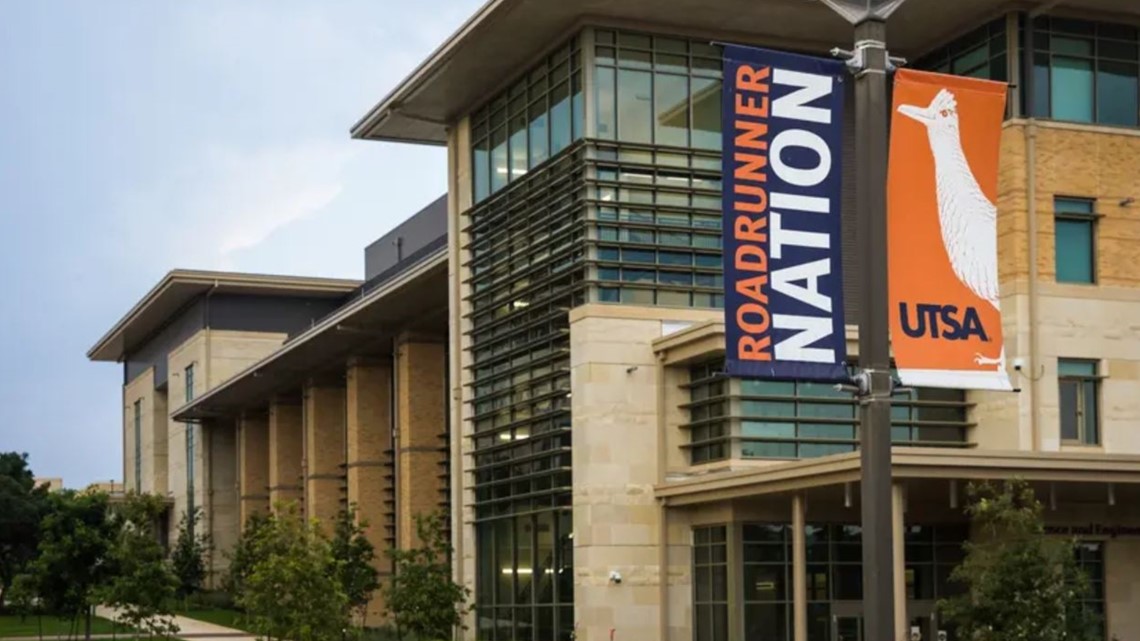
UTSA is teaming up with the Southwest Research Institute to test technology designed to solve challenges future space missions may face.
SAN ANTONIO — The University of Texas at San Antonio is teaming up with the Southwest Research Institute (SwRI) to test technology designed to help solve challenges future space missions may face.
SwRI says they, along with UTSA, will flight test “novel electrolyzer technology” in hopes of better understanding the chemical process associates with bubble formation in low gravity.
The project, headed by SwRI’s Kevin Supak and UT San Antonio’s Dr. Shrihari Sankarasubramanian, is said to be designed to help solve challenges space mission might face in the future.
This was all made possible due to a $125,000 grant from the Connecting through Research Partnerships (Connect) program, who fosters collaboration between the two institutions. The Klesse College of Engineering and Integrated Design (KCEID) and the Center for Space Technology and Operation Research (CSTOR) is also supporting the project.
“Extended space missions will require in situ resource utilization to produce chemicals and consumables. These processes will yield gas and liquid interactions within the technology,” Supak said. “A partial gravity environment, like that of the Moon or Mars, has a reduced buoyancy effect on gas bubbles, which can pose challenges to surfaces that must remain wetted with liquid to function.”
In simulated partial gravity environments SwRI and UTSA says they will be evaluating the performance of a patent-pending electrolyzer, the Mars Atmospheric Reactor for Synthesis of Consumables (MARS-C).
MARS-C is reportedly designed to use local resources on the Moon or Mars to produce fuel, oxygen and other life support compounds necessary for long-term human habitation by applying voltage across two electrodes to electrochemically convert simulated Martian brine and carbon dioxide into methane, oxygen and other hydrocarbons, according to SwRI and UTSA.
Earlier this year, project leads Supak and Sankarasubramanian received NASA’s TechLeap prize in support of flight testing the MARS-C. The duo said the Connect grant allows them to significantly expand the scope of their project.
““With Connect’s support, we can study additional variables, including the effects of temperature conditions similar to Mars and the Moon,” Supak said. “We’ll also examine how the electrodes’ surface textures, material properties and spacing within the cell affect bubble nucleation.”
The flights are currently scheduled for 2026!
